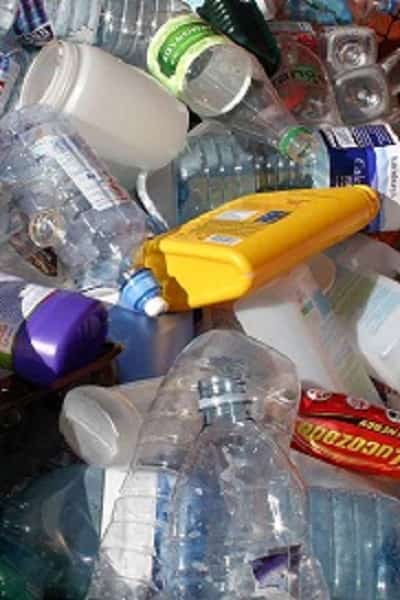Antimicrobial -PET Sustainability 29-03-2023 - Arhive
Antimicrobial -PET Sustainability
Crude Oil Prices Trend
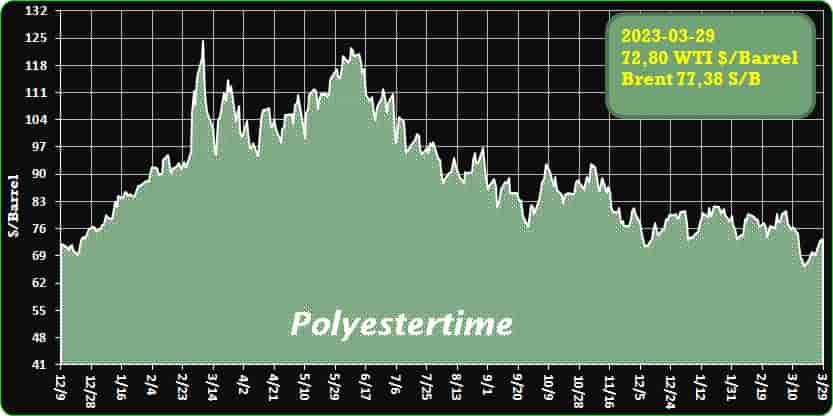
-RadiciGroup, a 25-year presence in Brazil
At Plasticos Brasil, the Group confirms the strategic importance of the Brazilian production site, a point of reference for the whole of South America
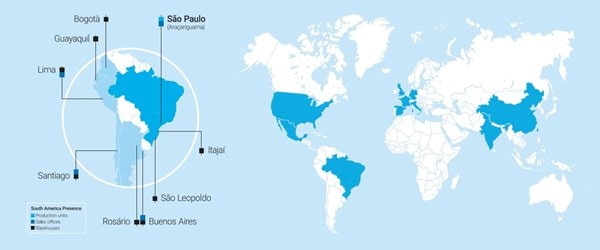
“Today, RadiciGroup’s has a consolidated and strategic presence in South America,” states Jane Campos, South America Country Manager for RadiciGroup High Performance Polymers, with pride. “It was 1998 when the Group first established itself, with its own production site in Brazil, near São Paulo. Over the last 25 years, it has grown in expertise, know-how and production capacity.”
RadiciGroup is taking part in Plasticos Brasil (stand K038) – the local exhibition that’s a point of reference for the polymer sector and will run from 27 to 31 March in São Paulo – thus confirming the strategic importance of the Brazilian and South American market for its activity of producing and selling technopolymers for engineering.
Jane Campos continues: “Over the years, the Radici family proceeded to invest in our country, with a firm belief in its prospects for development in the automotive, electrical/electronic and consumer and industrial goods markets. From being ‘outsiders’ we became reference suppliers for these sectors, with many customers recognising the high quality of our products and reliability of our service. That was possible thanks to a robust commitment from the owners and support from High Performance Polymers’ central structure, as well as a gradual, substantial investment plan to ensure growth, sustainability and innovation in the business.” Antimicrobial -PET Sustainability
“Brazil and South America are highly strategic for the High Performance Polymers Business Area,” stated Maurizio Radici, Vice-President and COO of RadiciGroup, “and can count on a global structure distinguished by a network of production and sales units in Europe, North and South America and Asia, allowing the needs of global and local customers to be met with an exhaustive, innovative and sustainable offering. That’s why, here too, we have gradually chosen to bolster our presence with new, modern production lines, increasing production capacity and consequently our efficiency.”
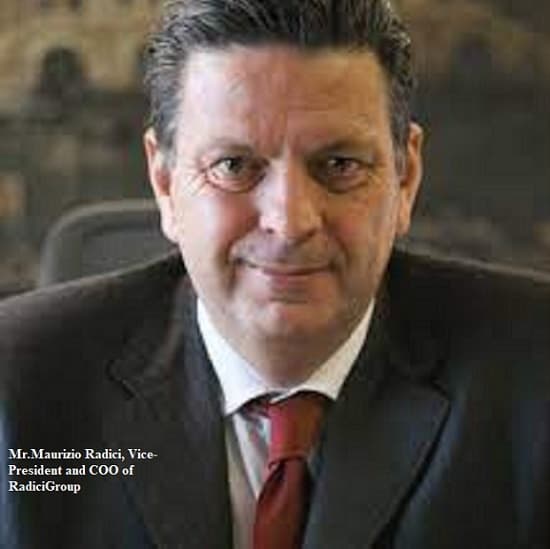
-The All-New Amprius 500 Wh/kg Battery Platform is Here
Amprius Technologies, Inc. (“Amprius” or the “Company”) (NYSE: AMPX), a leader in next-generation lithium-ion batteries with its Silicon Anode Platform, is once again raising the bar with the verification of its lithium-ion cell delivering unprecedented energy density of 500 Wh/kg, 1300 Wh/L, resulting in unparalleled run time.
At approximately half the weight and volume of state-of-the-art, commercially available lithium-ion cells, the all-new battery cell delivers potential industry-disrupting performance with barrier breaking discharge times.
Amprius’ next-generation cells are well positioned to power products in the fast-growing aviation and, eventually, electric vehicles markets, estimated to be collectively over $100 billion in battery demand by 2025. Antimicrobial -PET Sustainability
These cells provide a run time of 200% compared to state-of-the-art graphite cells, while being lighter and smaller than other batteries with the same energy content.
“This latest validation continues Amprius’ track record of producing the world’s most powerful battery cells and sets an industry benchmark for next-generation battery technology that will ultimately revolutionize how high we fly, how far we travel and how long we can use our devices.”
The 500 Wh/kg battery platform significantly expands boundaries for customers and is a tailored solution for applications that require maximum discharge times without compromising key features such as aircraft payload and without having to increase vehicle weight. The new batteries demonstrate both high gravimetric energy density (Wh/kg) and volumetric energy density (Wh/L) with exceptional adaptability. Antimicrobial -PET Sustainability
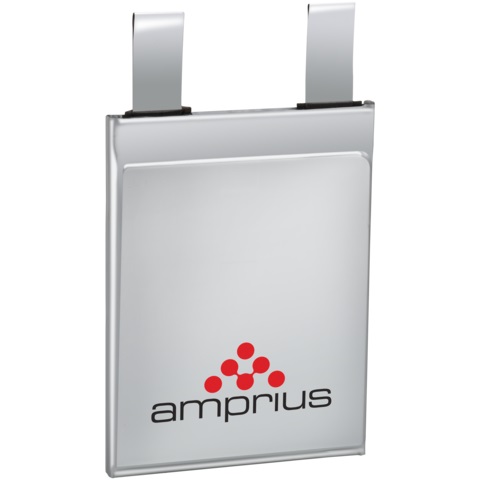
-AGXX – a safer new antimicrobial
Heraeus Precious Metals, headquartered in Hanau, Germany, is introducing a new antimicrobial technology that is being applied to nonwoven media for water filtration called AGXX.
It is based on reactive oxygen reactions and microelectric field effects caused by the electrochemical interaction between two precious metals.
In the presence of atmospheric humidity, oxygen is converted into reactive oxygen species that react with and kill microorganisms. In addition, the microelectric field present interferes with important cell membrane functions and accelerates the killing of microorganisms. Unlike conventional technologies, the mechanism of action is based on a catalytic reaction rather than the release of substances such as metal ions.
Heraeus, which has annual sales of approaching €30 billion and is one of the top ten family-owned companies in Germany, has high expectations for AGXX, particularly as a replacement for silver-based antimicrobial technologies. Antimicrobial -PET Sustainability
Many current antimicrobials based on silver are not in step with the latest European Union legislation on biocides and face the prospect of being banned from the market.
“AGXX is not based on the release of any metals or harmful compounds and to date, has shown antimicrobial efficacy against over 130 microorganisms,” explained Dr Marie-Lena Harwardt, the company’s co-head of antimicrobials at the recent Filtech conference in Cologne. “These include bacteria, viruses, algae and fungi as well as silver-resistant E.coli strains, MRSA and CoV2 viruses.” Antimicrobial -PET Sustainability
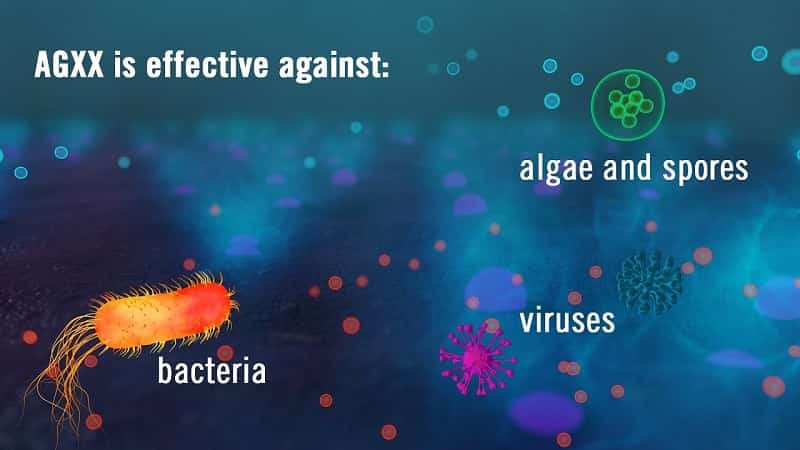
-Indorama leaders say views on PET must evolve to include sustainability
There’s a difference between a million and a billion — obviously — and Yashovardhan Lohia is using that to emphasize Indorama Ventures PCL’s commitment to PET recycling: A million seconds lasts almost 12 days. A billion seconds lasts nearly 32 years.
Lohia, executive director and chairman of the environmental, social and governance council at Indorama, uses the math to highlight just how large his company’s commitment is to PET recycling.
There’s a difference between a million and a billion — obviously — and Yashovardhan Lohia is using that to emphasize Indorama Ventures PCL’s commitment to PET recycling: A million seconds lasts almost 12 days. A billion seconds lasts nearly 32 years.
Lohia, executive director and chairman of the environmental, social and governance council at Indorama, uses the math to highlight just how large his company’s commitment is to PET recycling. Antimicrobial -PET Sustainability
Know-how drives growth
Today, society demands more. And many cast a jaundiced eye.
PET is the most recovered plastic, but it still comes in with a U.S. recycling rate of less than 30 percent — far below other packaging materials such as steel, aluminum and paper. Even glass, with its inherent collection difficulties, is higher.
Lohia said the industry already has figured out how to effectively recycle PET, and that know-how will “drive growth.”
“The reason for this is as clear as the bottles themselves. Consumers want sustainable packaging. They want recyclable packaging. The European authorities and government authorities are pushing for more and more recycled content. And global brands are also having ambitious targets for more recycled content in their packaging,” he said. “This social, political and commercial focus on recyclability creates opportunity to enlarge our recycling investments.” Antimicrobial -PET Sustainability
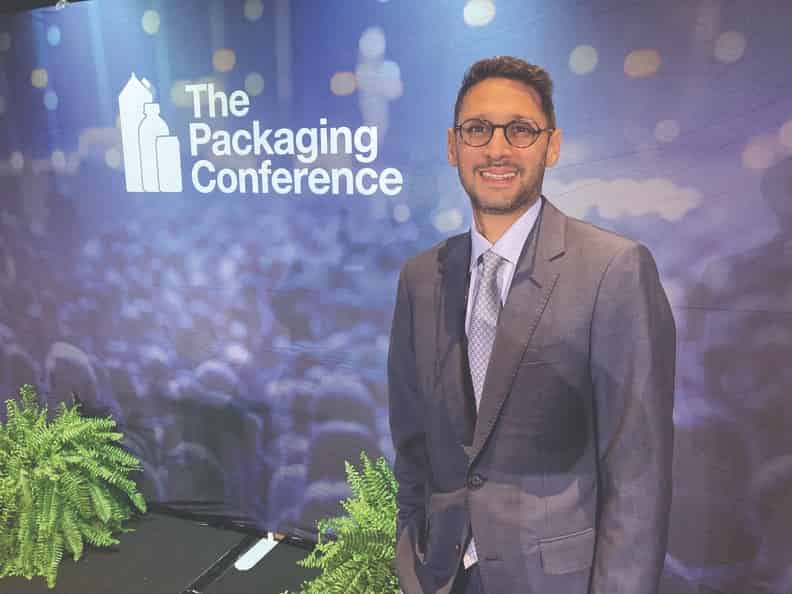
-Used PET bottle prices soar as Korean companies turn green
Clothes made from recycled plastic water bottles are gaining traction among young, environment-conscious consumers in South Korea that seek value-based consumption, sending prices of used polyethylene terephthalate (PET) bottles to soar by more than 14 percent this year.
According to the Korea Environment Corporation last week, the price of compressed PET bottles reached 472 won per kilogram in February, soaring by more than 14 percent this year from 412 won per kilogram last year. Recycled PET bottles also surged to 267,991 tons in 2021, up from 160,000 tons 10 years ago.
The increase comes as the local fashion industry uses more recycled PET bottles to make clothes.
BYN BLACKYAK Co., a Korean manufacturer of high functional outdoor clothing, was the first industry player to sell T-shirts made from used PET bottles in July 2020. The brand signed a business agreement with Korean synthetic fiber manufacturer TK Chemical Corp. to produce synthetic fibers for outdoor clothing. BLACKYAK has until now used as many as 63 million 500-milliliter plastic bottles. Antimicrobial -PET Sustainability
BLACKYAK sources used PET bottles from local governments including Gangnam District Office in Seoul and conglomerates such as SK hynix Inc. and POSCO Holdings Inc. It is also expanding the use of recycled PET bottles to supply uniforms for Emart Inc., Coca-Cola Beverage Co. in Korea, McDonald’s Korea, and SK gas Co.
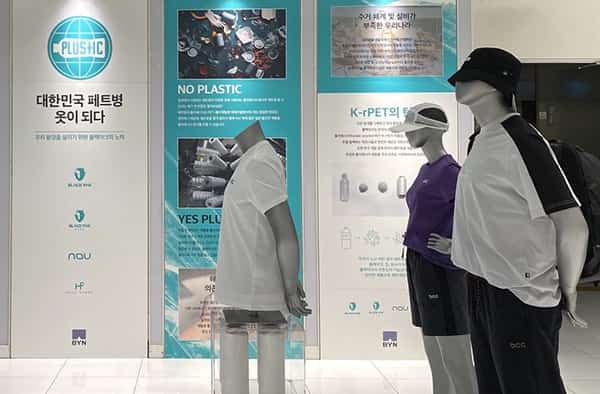
-Investors urge European chemical makers to take action on emissions
Investors managing more than USD4 T in assets have told European chemical companies they must set out a path to move away from fossil fuels, saying that the sector’s role in greenhouse gas emissions has been overlooked, said Hydrocarbonprocessing.
Legal and General Investment Management, Amundi and EFG Asset Management are among 15 investors to have written to Europe’s 13 biggest chemical companies including BASF, LyondellBasell Industries and Yara in a joint statement published this week. “Europe’s chemical companies need to know that action on decarbonization isn’t optional,” said Vincent Kaufmann, CEO at Ethos Foundation, one of the investors.
“The progress we have seen over the past 18 months, with some companies setting increasingly ambitious targets and transition plans, indicates that sustained investor engagement is important and effective.” Antimicrobial -PET Sustainability
Penny Fowler, Head of Corporate Climate Campaigns at ShareAction, the responsible investment NGO that has coordinated the investor statement, said the chemical industry’s reliance on fossil fuels was “often overlooked as a major contributor to global warming.”
Norway’s Yara said in an emailed statement that its ambition was to become climate neutral by 2050. “We have set ambitious targets for further reductions … and take part in developing the Sectoral Decarbonization Approach for the chemical industry to align our climate targets with the goals of the Paris Agreement,” Yara’s VP Sustainability Governance Bernhard Stormyr said.

-McKinsey sees dollars behind sustainability shift
Consultancy says household consumer environmental concerns translate to “actual spending behavior.”
Consumer packaged goods (CPG) companies in the United States increasingly are offering products labeled as sustainable, and the effort seems worthwhile as measured by the bottom line, according to global consulting firm McKinsey.
In a recent report conducted in cooperation with research firm NielsenIQ, McKinsey reports total consumer spending in the U.S. accounts for more $14 trillion annually and comprises two-thirds of U.S. gross domestic product (GDP). Antimicrobial -PET Sustainability
“An important subset of this spending goes toward everyday CPG, ranging from foods and beverages to cosmetics and cleaning products,” the firm adds. “The sheer size of the CPG sector—with millions of employees and trillions of dollars in annual sales—makes it a critical component in efforts to build a more sustainable, inclusive economy.”
Report authors Sherry Frey of NielsenIQ and Jordan Bar Am, Vinit Doshi, Anandi Malik and Steve Noble of McKinsey examine what they portray as CPG companies “increasingly [allocating] time, attention, and resources to instill environmental and social responsibility into their business practices” and whether it is sensible.
When listing brand features that fit into the ESG (environmental, social, and governance) category, they include “environmentally sustainable” and “eco-friendly” along with less recycling-related terms like “fair trade.” The researchers point to a 2020 McKinsey U.S. consumer sentiment survey in which more than 60 percent of respondents said they’d pay more for a product with sustainable packaging. A recent study by NielsenIQ found 78 percent of U.S. consumers say that a sustainable lifestyle is important to them, according to the latest report. Antimicrobial -PET Sustainability
